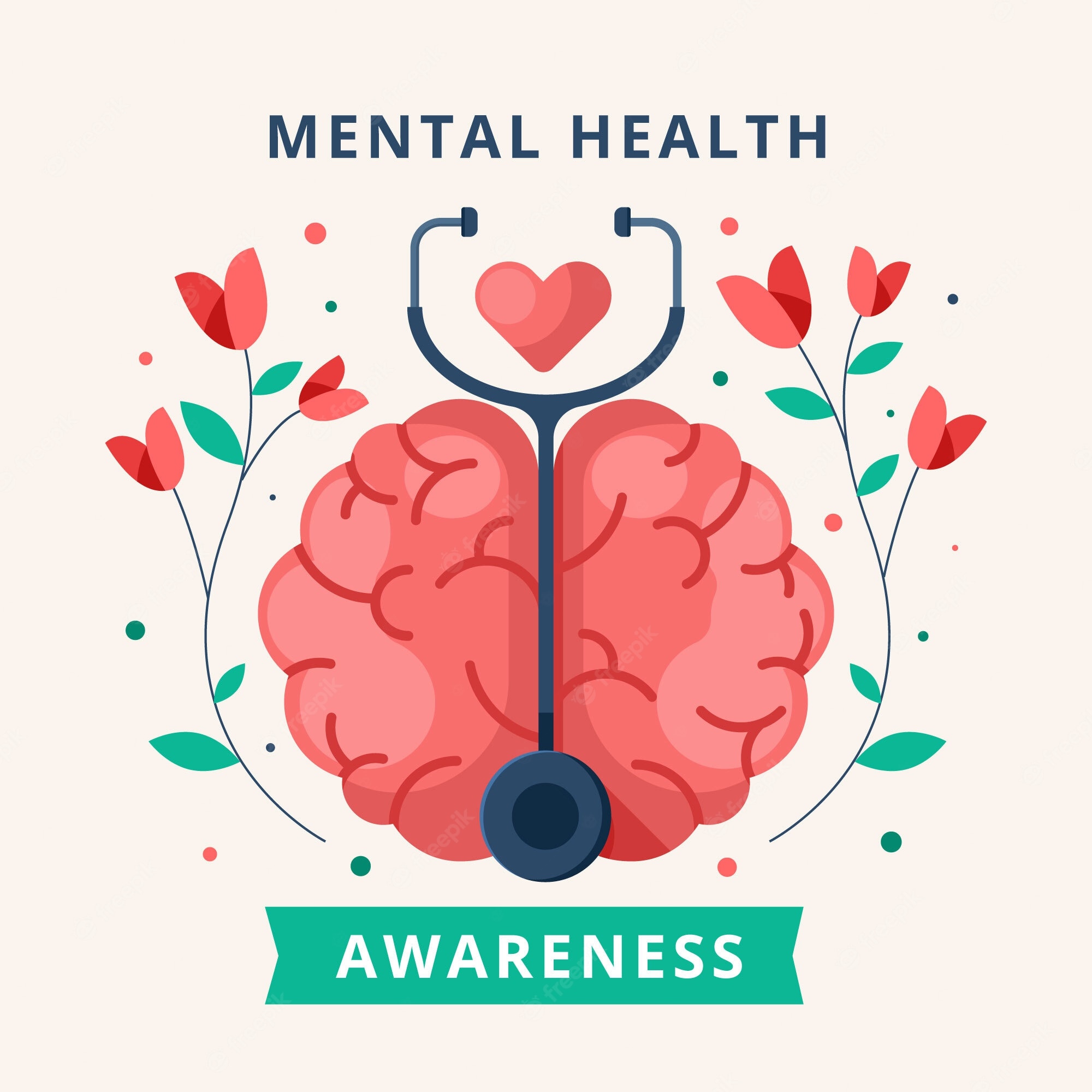While studying abroad in Europe can be thrilling and rewarding, there are risks to
your mental well-being. It may be quite difficult to adjust to a new culture, be
distant from home, and deal with academic demands. The following advice can
help you stay mentally healthy while studying overseas:
1. Establish a Network of Support
Stay Connected: Regularly contact with friends and family back home through
calls or video chats. Their well-known vocals may be consoling.
Make Friends in Your Community: Develop ties with fellow foreign students,
housemates, or classmates. Attending social gatherings or joining groups might
be beneficial.
Locate Foreign Communities: There are expat communities in many European
cities that provide a feeling of community and a common comprehension of
cultural shifts.
2. Create a Schedule
Keep Yourself Consistent: Create a daily routine that includes lessons, study
time, meals, and rest.
Prioritize Self-Care: Include relaxation-promoting activities like reading, writing in
a journal, or working out.
3. Accept Cultural Disparities
Maintain an Open Mind: Recognize the distinctiveness and variety of European
civilizations. Learn some fundamental words in the local language, sample
different delicacies, and discover local traditions.
Restrict Comparisons: Refrain from contrasting your experience with others’.
Everybody adjusts at a different rate.
4. Control Your Academic Stress
Keep organized by keeping track of tasks and due dates with planners or apps.
Seek Assistance: If you run into difficulties, get in touch with your instructors or
academic counselors. Resources for overseas students are available at several
universities.
5. Give Access to Mental Health Priority Counseling Services: A lot of
institutions in Europe provide reasonably priced or free mental health services.
Never be afraid to ask for expert assistance.
Be mindful: Methods like yoga or meditation might help you focus better and feel
less stressed.
Identify Burnout Symptoms: Take pauses and don’t overbook your calendar.


6. Examine Your surroundings
Travel Wisely: While visiting neighboring towns and sites may be rejuvenating,
avoid going overboard with your physical or financial commitments.
Respect Nature: Take some time to unwind and rejuvenate in parks or other
natural settings.
7. Have reasonable expectations
Recognize the difficulties: Recognize that cultural shock and homesickness are
common. Give yourself time to get used to it.
Honor Little Victories: Acknowledge and value your accomplishments, whether
they include using public transportation or picking up a new phrase.
8. Maintain Your Health and Activity Level
Engage in Regular Exercise: Exercise improves mood and vitality. Many
European cities are bike-friendly and pedestrian-friendly, so consider walking or
cycling.
Eat Balanced Meals: To promote your general health, eat a healthy diet while yet
indulging in regional food.
Get Enough Sleep: Despite the thrill of a new environment, stick to a normal
sleep routine.
9. Use Your Money Sensibly
Prevent Financial Stress: To avoid financial concern, create and follow a budget.
Benefit from Discounts: A lot of European nations provide student discounts for
museums, public transportation, and other attractions.
10. Be Aware of Emergency Resources
Get to Know Yourself: Be familiar with the locations of the closest clinics and
hospitals, as well as the emergency numbers in your area.
Make Contact with Your Embassy: For help in an emergency, keep the contact
details for your embassy close to hand.
It takes time to adjust to living overseas, but by using these tips, you may have a
more satisfying and stress-free experience. Always prioritize your mental health,
and remember that asking for help is a show of strength




